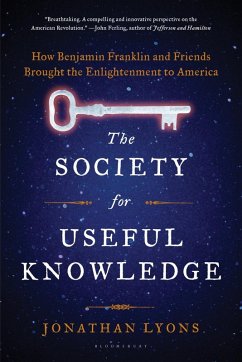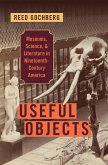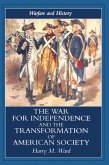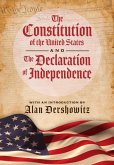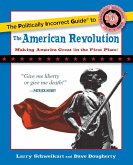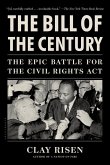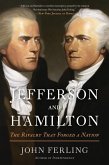Benjamin Franklin and his contemporaries brought the Enlightenment to America-an intellectual revolution that laid the foundation for the political one that followed. With the "first Drudgery" of settling the American colonies now past, Franklin announced in 1743, it was time the colonists set about improving the lot of humankind through collaborative inquiry. From Franklin's idea emerged the American Philosophical Society, an association hosted in Philadelphia and dedicated to the harnessing of man's intellectual and creative powers for the common good. The animus behind the society was and is a disarmingly simple one-that the value of knowledge is directly proportional to its utility. This straightforward idea has left a profound mark on American society and culture and on the very idea of America itself-and through America, on the world as a whole.
From celebrated historian of ideas Jonathan Lyons comes The Society for Useful Knowledge, telling the story of America's coming-of-age through its historic love affair with practical invention, applied science, and self-reliance. Offering fresh insights into such figures as Thomas Jefferson, Benjamin Rush, and the inimitable, endlessly inventive Franklin, Lyons gives us a vital new perspective on the American founding. He illustrates how the movement for useful knowledge is key to understanding the flow of American society and culture from colonial times to the present day.
From celebrated historian of ideas Jonathan Lyons comes The Society for Useful Knowledge, telling the story of America's coming-of-age through its historic love affair with practical invention, applied science, and self-reliance. Offering fresh insights into such figures as Thomas Jefferson, Benjamin Rush, and the inimitable, endlessly inventive Franklin, Lyons gives us a vital new perspective on the American founding. He illustrates how the movement for useful knowledge is key to understanding the flow of American society and culture from colonial times to the present day.

